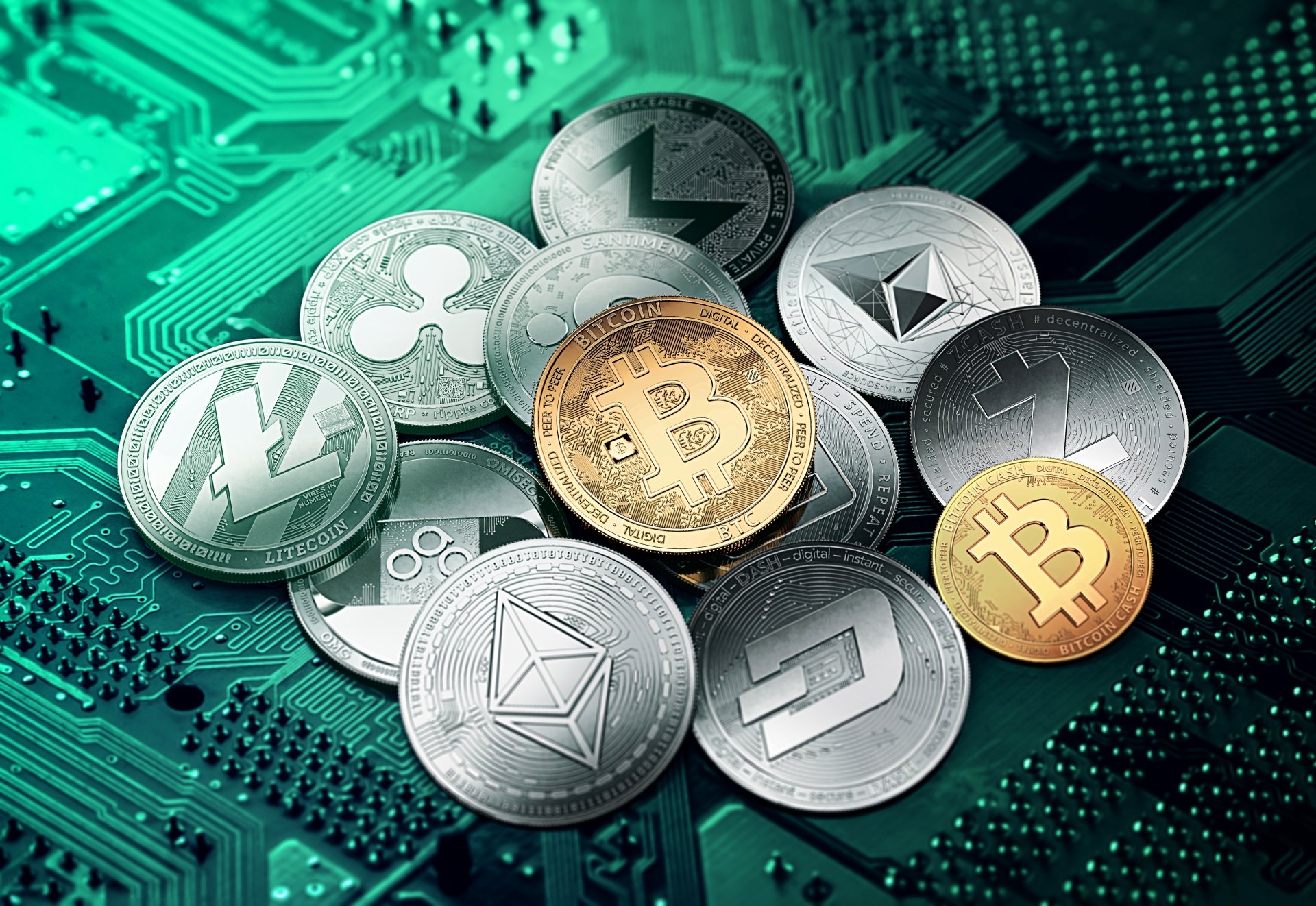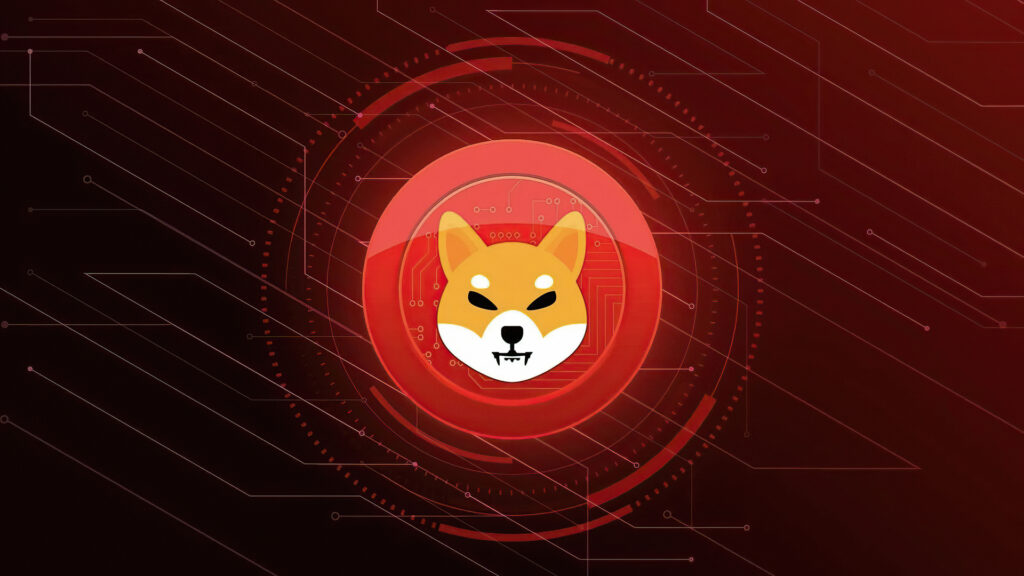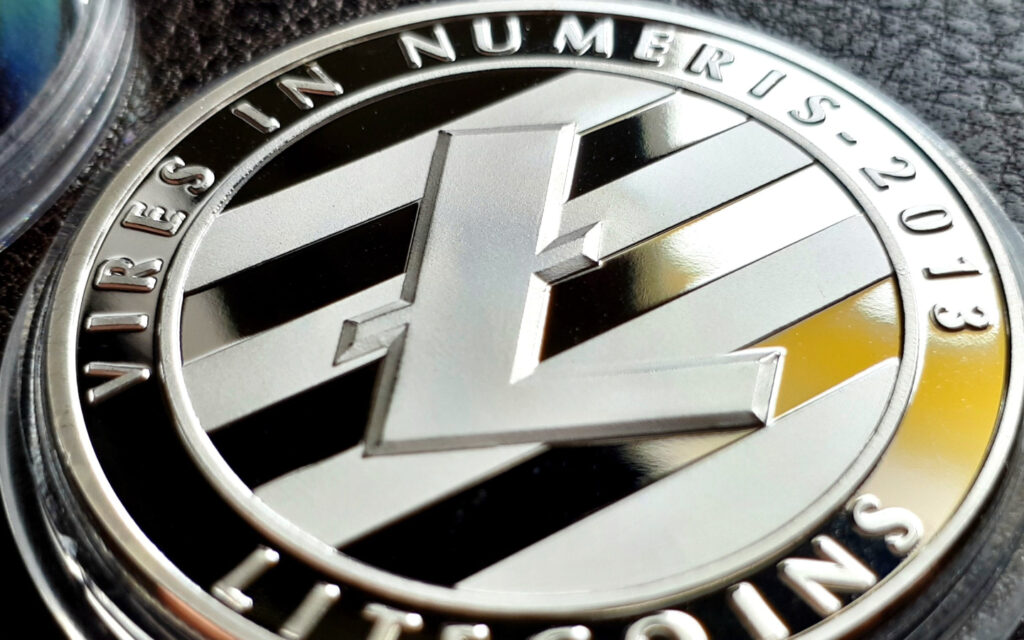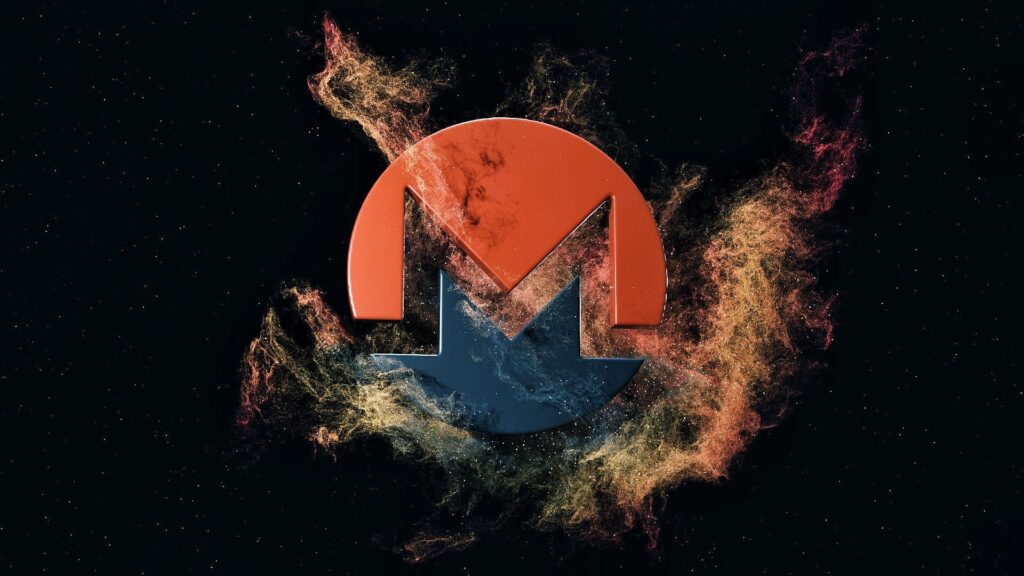
In the crypto space, it’s common for Bitcoin’s price and its short- and medium-term outlook to dominate online searches. While the focus on the leading cryptocurrency is understandable, newcomers should also explore other projects. Although we can’t cover every relevant initiative in a single article, it’s crucial to recognize that the crypto ecosystem extends far beyond Bitcoin; many other assets have significantly contributed to the industry.
Last time, we covered Solana, Dogecoin, Cardano, and Polkadot. Today, we’re bringing you part two of what could easily become a regular series. This time, we’re focusing on Shiba Inu (SHIB), Litecoin (LTC), Monero (XMR), and Bitcoin Cash (BCH), all of which, as of this writing, are among the top 30 cryptocurrencies by market capitalization.
Shiba Inu (SHIB)

Shiba Inu was launched in August 2020, and its creator remains anonymous, known only by the pseudonym “Ryoshi”. You might recognize this project because Shiba Inu is a major player among memecoins—cryptocurrencies that gain fame through humor and social media. SHIB, inspired by Dogecoin (which also features a Shiba Inu dog as its logo), aims for a more ambitious expansion. The project is part of a broader ecosystem that includes other tokens like LEASH and BONE, and it features its own DeFi platform, ShibaSwap. This exchange allows users to trade ERC-20 tokens on the Ethereum blockchain, stake their crypto, and perform other operations.
Currently, Shiba Inu is priced at $0.000014 per token, making it the 13th largest cryptocurrency by market cap.
Litecoin (LTC)

Litecoin is one of the oldest and most popular projects in the crypto world. It holds a special place for me, as several of my first jobs in the sector back in 2017 were paid in LTC. Created in 2011 by software engineer Charlie Lee, Litecoin was designed to address some of Bitcoin’s limitations. Although its code is based on Bitcoin, Litecoin operates much faster—generating a block in just 2.5 minutes compared to Bitcoin’s 10 minutes. It’s also known for its low fees and a maximum supply of 84 million coins, which is four times Bitcoin’s limit of 21 million.
According to CoinMarketCap, LTC is currently priced at $60.85 per coin and ranks as the 20th largest cryptocurrency by market cap.
Monero (XMR)

Monero is a “privacy cryptocurrency”, designed to hide transaction details and protect user identities. The project was originally led by Riccardo Spagni, known online as “Fluffypony”, who stepped down in December 2019 and was succeeded by a developer known as “Snipa”. Monero uses a ring signature system to mix transactions with many others, making it difficult to trace where the funds came from. It also employs stealth addresses, which generate a unique address for each transaction instead of using a fixed address that can be traced.
CoinMarketCap lists XMR at $158.29 per token, making it the 29th largest cryptocurrency by market cap.
Bitcoin Cash (BCH)

Bitcoin Cash was created in August 2017 as a fork of Bitcoin to address scalability issues. Unlike Bitcoin’s 1 MB block size, Bitcoin Cash initially used 8 MB blocks and later expanded to 32 MB. This larger block size results in lower transaction fees and faster confirmation times. Despite its promising start, Bitcoin Cash has struggled with adoption challenges. The project has also undergone several forks, leading to new versions like Bitcoin Cash ABC and Bitcoin Cash SV, each with its own set of changes. BCH was driven by developers and miners who disagreed with Bitcoin’s development path, with Roger Ver being one of the main supporters.
Currently, BCH is trading at $322.93 and is ranked 16th by market cap.
Subscribe to the Purse.io Newsletter to stay updated with our weekly insights on blockchain, e-commerce, and cryptocurrencies. Don’t forget to follow us on X for the latest on Hamza, the first Web3 marketplace powered by the Loadpipe protocol and the LOAD token. This solution is designed to enhance e-commerce with low gas fees, trading freedom, and a wide range of cryptocurrencies.
We’re excited to introduce the Hamza.biz Ambassador Program—a great chance to see how Web3 is changing e-commerce. As an ambassador, you’ll get exclusive access to our private Discord channel, where you can share your ideas and earn gifts and bonuses. Click here to learn more.
- altcoins (8)
- ambassador program (8)
- bitcoin (62)
- Bitcoin Cash (2)
- Blockchain (92)
- charlie lee (1)
- crypto (24)
- cryptocurrencies (80)
- defi (10)
- e-commerce (56)
- ethereum (43)
- Litecoin (4)
- LOAD token (30)
- loadpipe (42)
- market cap (1)
- memecoins (3)
- monero (2)
- privacy (6)
- purse.io (27)
- riccardo spagni (1)
- ring signature (1)
- scalability (2)
- shiba inu (3)
- shibaswap (1)
- stealth addresses (1)
- transaction fees (1)
- Web3 (62)